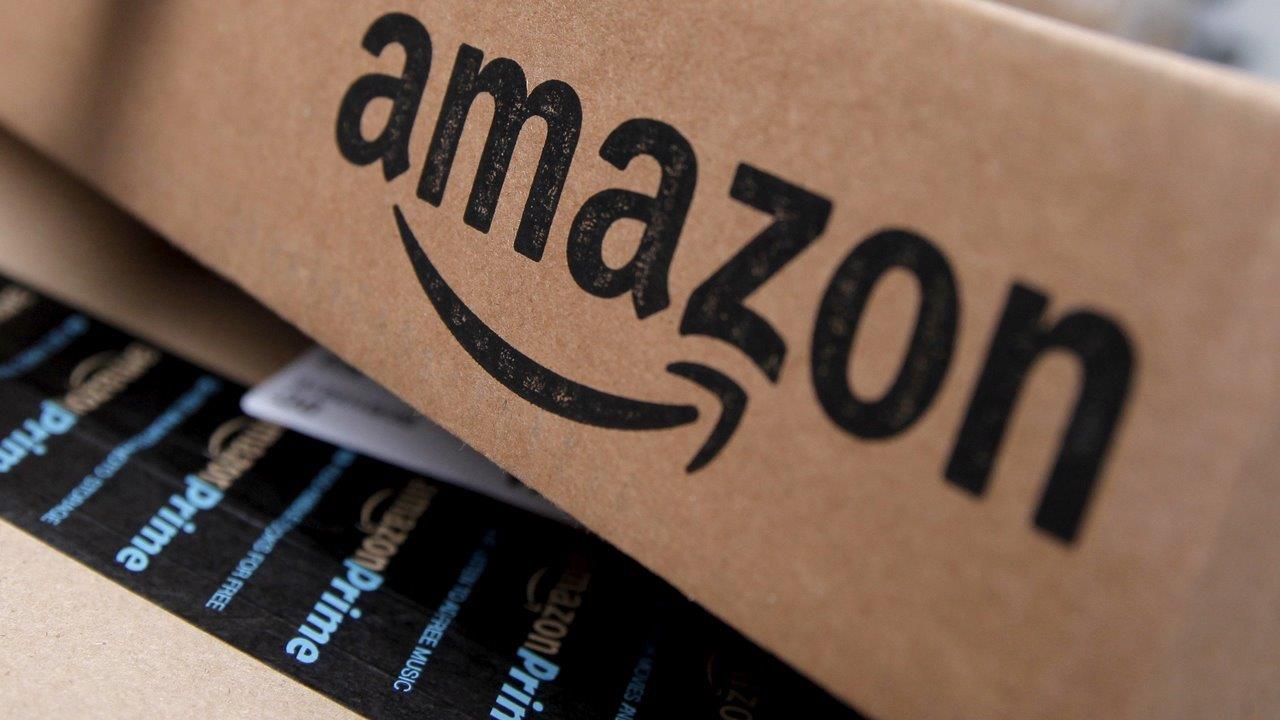Attention Amazon sellers: This tax amnesty program could save your business thousands
If you're an Amazon merchant, you could be facing an unexpectedly large tax bill, unless you take action fast.
For years, states have been complaining that online merchants were not disclosing and paying sales taxed owed for products shipped from within their borders. They want their money.
The problem has likely been exacerbated over the past few years by Amazon's popular Fulfillment by Amazon (FBA) service. How popular is it? According to the company, more than two billion items were shipped through its FBA service in 2016, which is more than double the previous year. Active sellers grew more than 70 percent during that time period and holiday shipments grew 50 percent.
FBA is a hit. It makes it possible to operate a store online and never have inventory in your possession. But it's also creating a liability.
If you're an FBA merchant, you're outsourcing the fulfillment of your products to Amazon in exchange for a fee. Amazon takes your products and stores them wherever the company decides, based on customer shipping data and other demographics. For all you know, your products are spread out among various states throughout the country to expedite delivery. You don't care because Amazon handles it all and you just make sure there's product available and collect your receipts.
But the states care. When a product is shipped from an Amazon warehouse, are you making sure to pay the sales tax owed? Really?
"There are only five states that don't have sales tax, and three of them are tiny little states, so the odds are that someone who is selling online today - particularly an FBA merchant - is shipping from a state that has a sales tax," said Scott Peterson, a vice president of U.S. Tax Policy and Government Relations at Avalara, an automated sales tax compliance platform. "It doesn't make any difference who owns the warehouse or who's doing the fulfillment for you, if that is your physical presence, you qualify." (Avalara is a client of my firm, The Marks Group PC).
Back in February Amazon announced it was changing its policy and would start collecting sales tax from customers depending on where items were shipped. The information would then be available for its merchants to remit sales tax returns to local jurisdictions - many of them choosing to use automated compliance services like Avalara.
Are you doing this? You better. And even if you started doing this in 2017, what about prior years? Now that the states know about you there’s really nothing stopping them from charging for back unpaid sales tax (including interest and penalties) or products you've shipped from there in the past. Depending on your volume this could be a significant liability. The Multi State Tax Commission (MTC)—an intergovernmental agency comprising 47 states—says there are more than $2 billion in unpaid liabilities owed to the states. Again … they want their money.
"It's a huge area of non-compliance," Richard Cram, director of the MTC's nexus program said in a CNBC report earlier this month. "I'm sure we're not going to get 100 percent compliance, but even if we get a small percentage of it, it would be worthwhile."
To motivate these FBA sellers, a group of states wants to make a deal.
According to the report from CNBC, 13 states (Alabama, Arkansas, Colorado, Connecticut, Kansas, Kentucky, Louisiana, Nebraska, New Jersey, Oklahoma, Texas, Utah and Vermont) have said they will offer amnesty for all back taxes to sellers with potential tax liabilities who make themselves known and then pay taxes going forward. The program kicked off this month and runs through October 17. Details can be found here.
"States are never going to give up on this issue," warns Peterson. "And every retailer in this country needs to be paying attention to what states are doing because it's become so easy now to sell from everywhere."
If you’re an FBA merchant, I recommend you take them up on this offer. After that, you’re exposed … and could face even bigger liabilities. The best place to start is here.
Gene Marks is an author, columnist and President of The Marks Group, a ten-person technology consulting firm near Philadelphia. Gene is also a Certified Public Accountant and a small business expert.




















